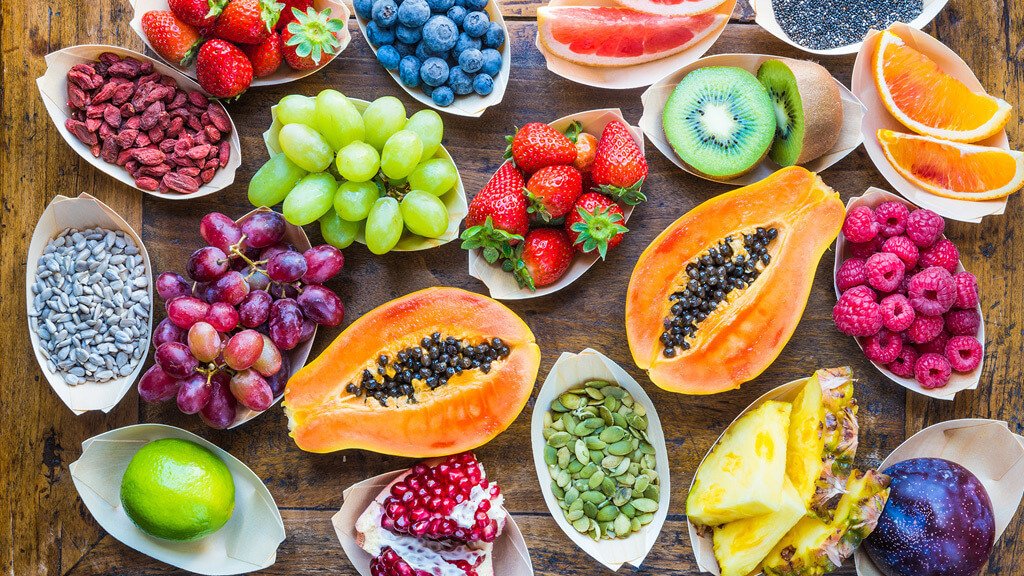How To Stay Hydrated: A Swimmer's Guide
Whether you’re a serious competitive swimmer or just a recreational lap-taker, you may be overlooking the most important part of your swim: staying hydrated! It seems counterintuitive that you can get dehydrated while in the midst of thousands of gallons of water but just like any other athlete, that is a major risk that could really curtail your regimen. With that in mind, here are a few tips on how to stay hydrated.
1) Drink Water First Thing in the AM
When you wake up in the morning, you’re already dealing with dehydration. After hours of sleep, your body has been using its resources and is already in dire need of water. Have a tall glass of water first thing in the morning to help get your body hydrated.
2) Drink Often Throughout the Day
By the time you feel thirst, your body is already mildly dehydrated by 1-2%. This may seem extremely minor, but even a 1.5% loss in water has been linked to all kinds of nasty side effects like headaches, loss of concentration, fatigue, anxiety, and mood swings. Women are especially susceptible to the effects of dehydration.
Have a water bottle with you at all times that you’re constantly drinking from and refilling. You will find it a lot easier to keep hydrated if you make this a habit.

3) Drink a Lot While You Train
It can be difficult to remember to replenish fluids when you aren’t conscious of your body sweating like it is when you’re swimming in a pool; your body is tricked into feeling more hydrated than it is simply because it is surrounded by water. Whether you’re training on land or doing a particularly strenuous set in the pool, have water nearby so that you remember to drink a lot and often.
4) Drink a Lot After You Train
Post-practice is an important time to replenish fluids. It’s vital to drink a lot of water after training because it helps to flush out toxins built up in the muscles so that they can start to recover immediately. If you have a recovery snack after training, make sure to drink plenty of water along with it.
5) Watch the Salt Content of Your Food
You should avoid salty meals in part by trying to not eat out as much as possible. It’s easier to monitor the salt content in your food if you prepare it at home yourself. If you have to go out to eat, opt for food that takes it easy on sauces, dressings, and seasoning (yes, yes—all the good stuff). Know that dishes with meat can also be particularly high in salt.
Try to incorporate water-rich foods into your diet when you’re feeling munchy. Foods like watermelon, cranberries, and celery will do the trick.

6) Watch What Else You Drink
I realize you’ll probably get a hankering for some other liquid other than water, but try to keep it simple. If you find yourself missing carbonation, try sparkling waters. Avoid flavored waters that use artificial sweeteners and substitute infused natural fruit drinks instead. You can use pitchers or even water bottles with infusing cores to help you get that flavor you might crave. Avoid caffeinated beverages in the morning like coffee. Caffeine is also a diuretic and makes you lose water, not retain it. Opt for herbal teas to give you that boost.
Hopefully these tips will help you reach and even exceed your 6-8 glass a day recommendation. Remember: making these hydration practices a habit will give you that much more of an edge in your training.

Leave a Comment